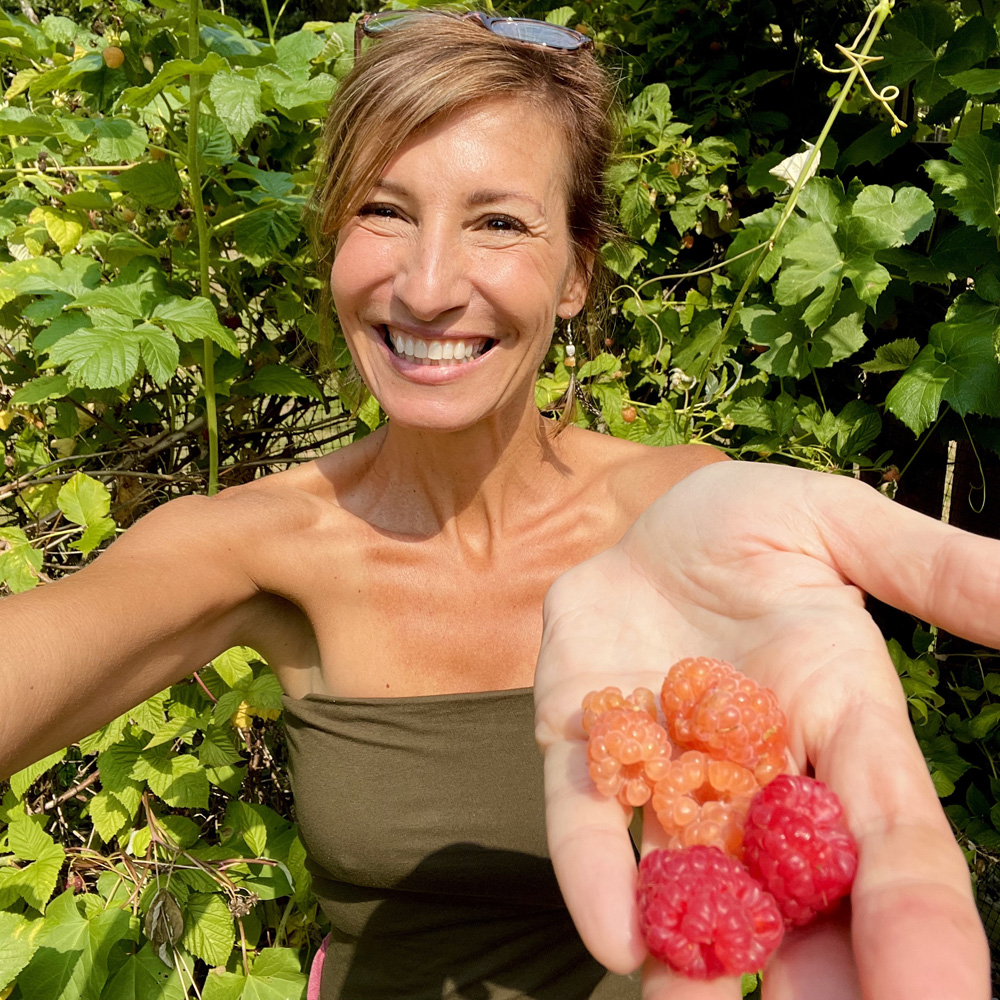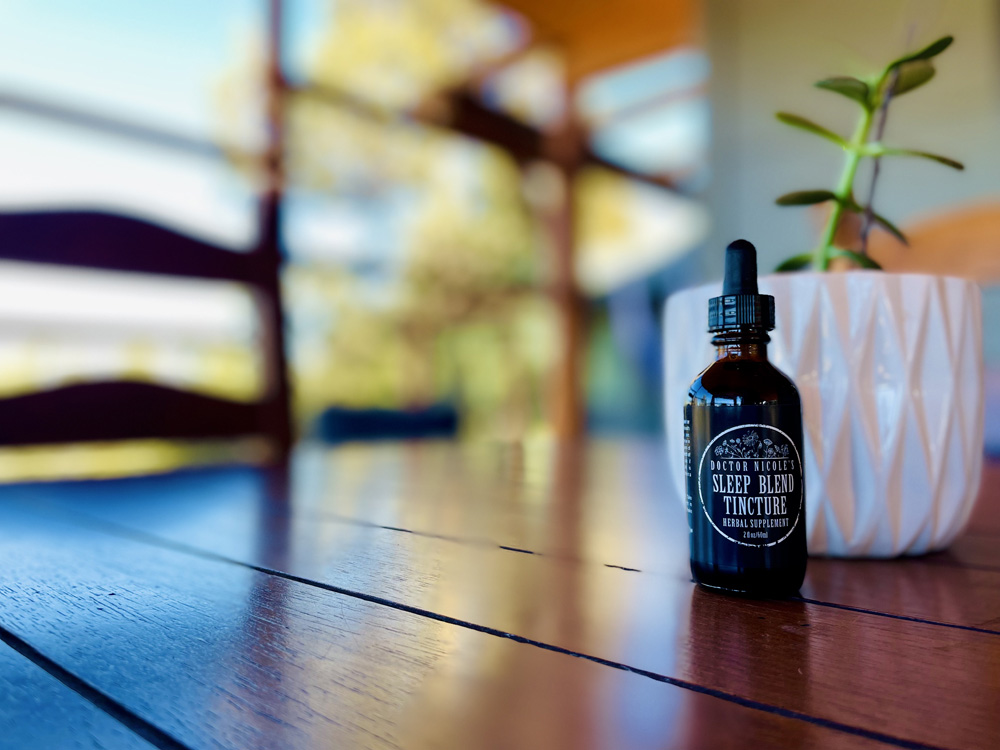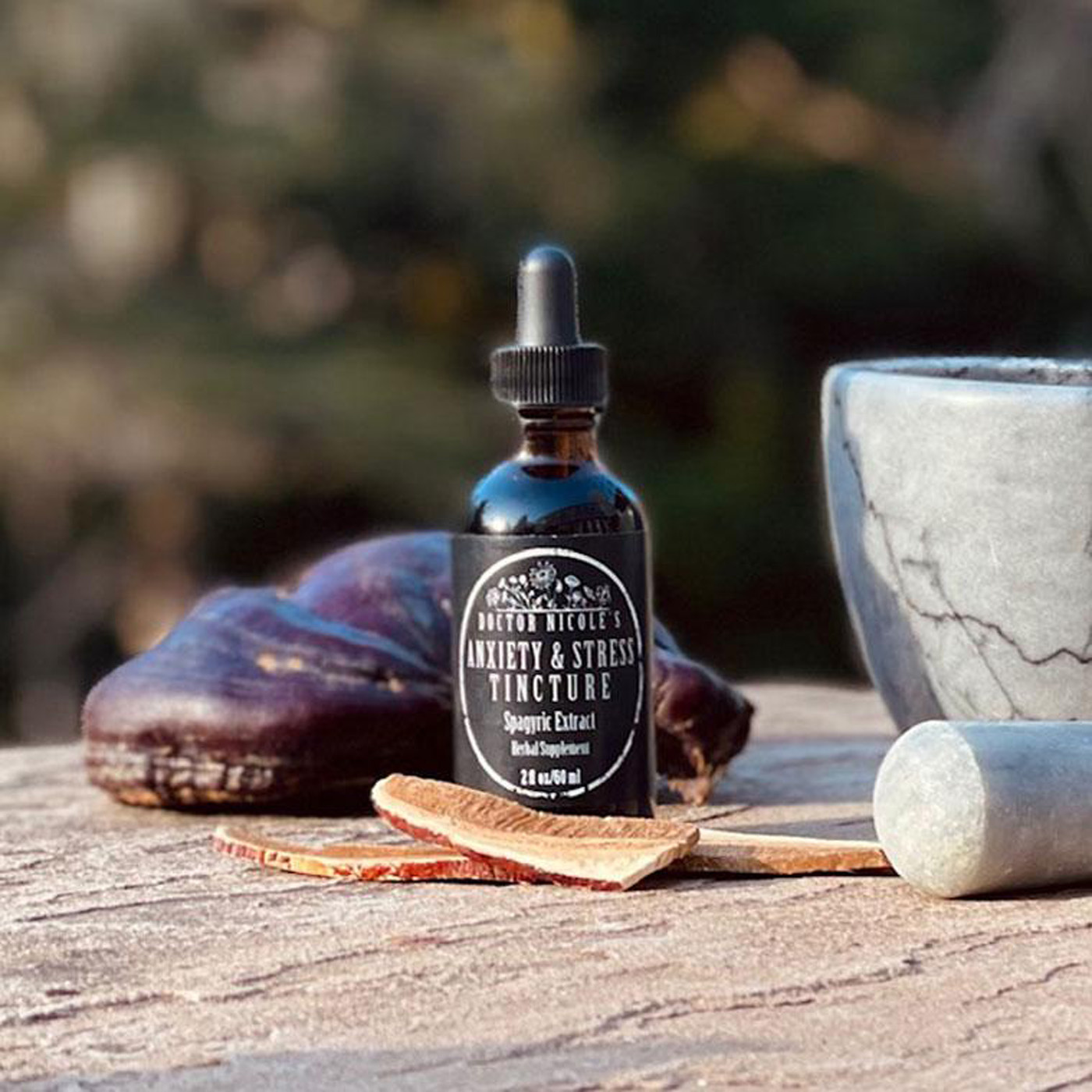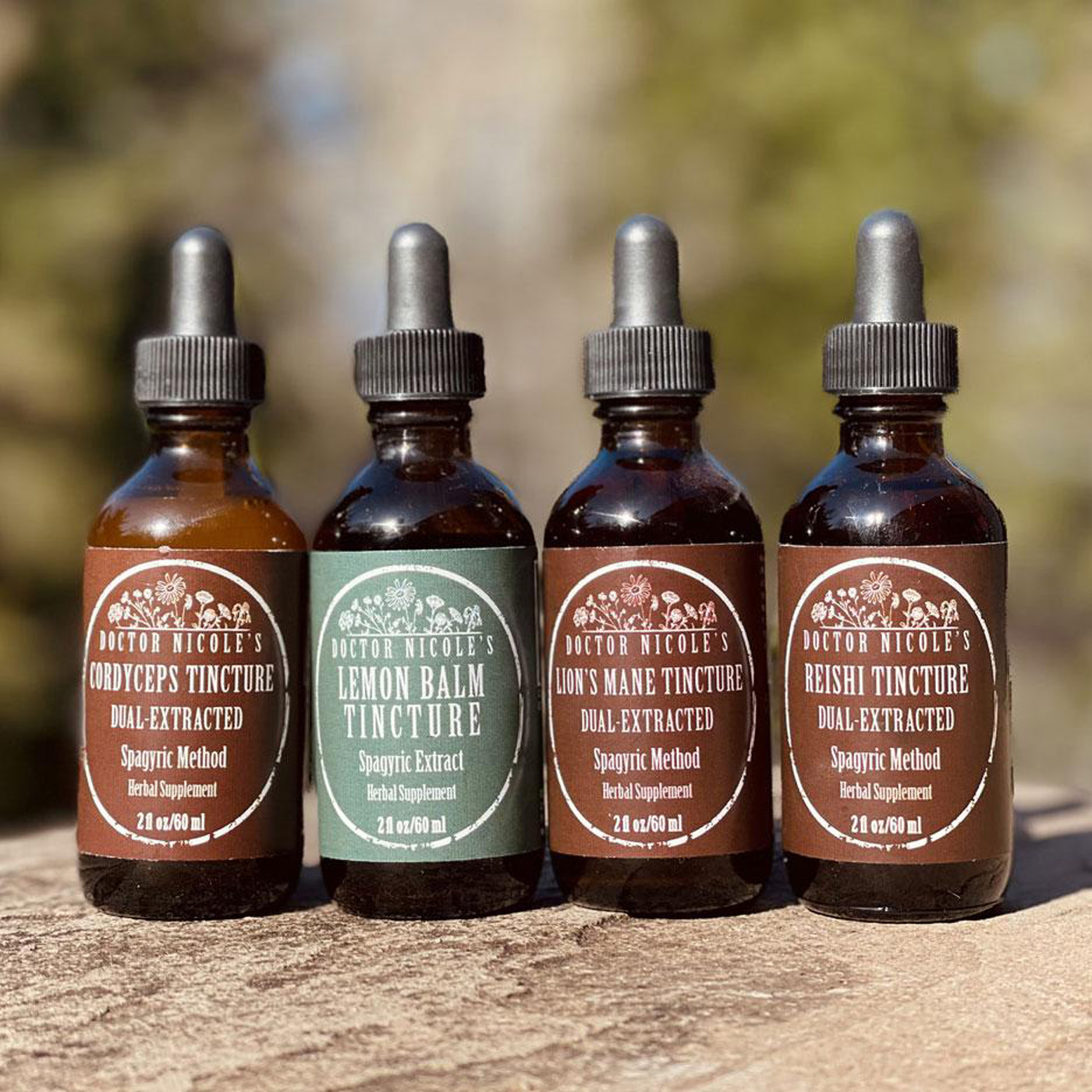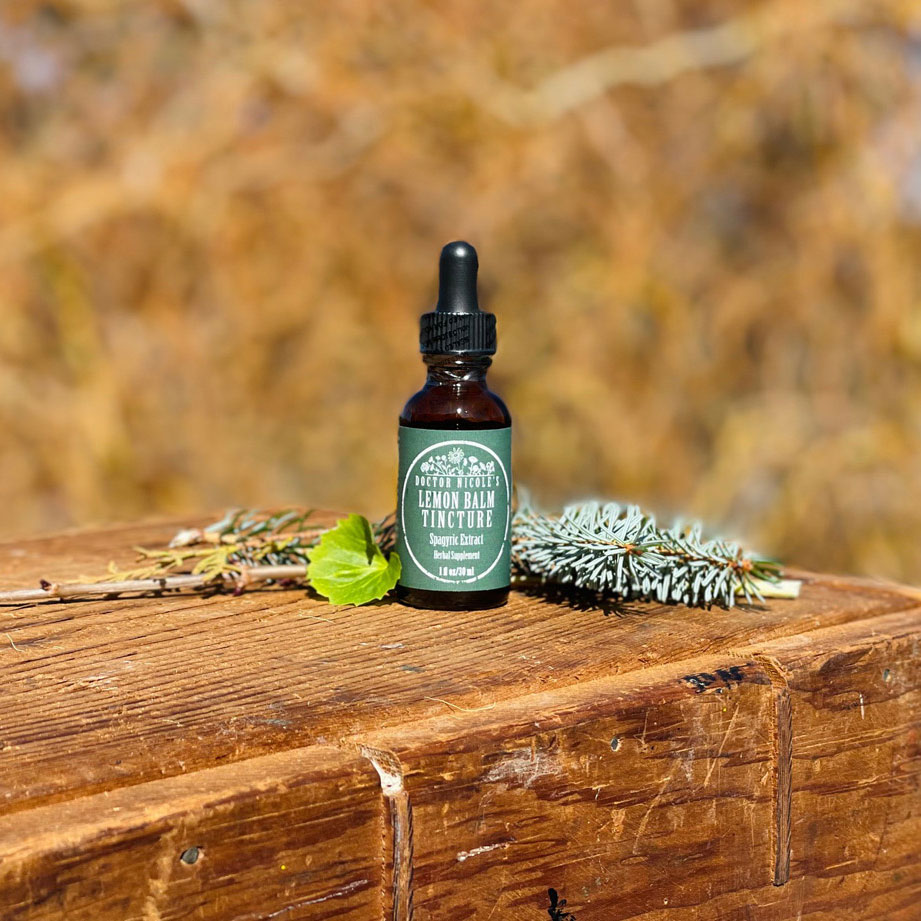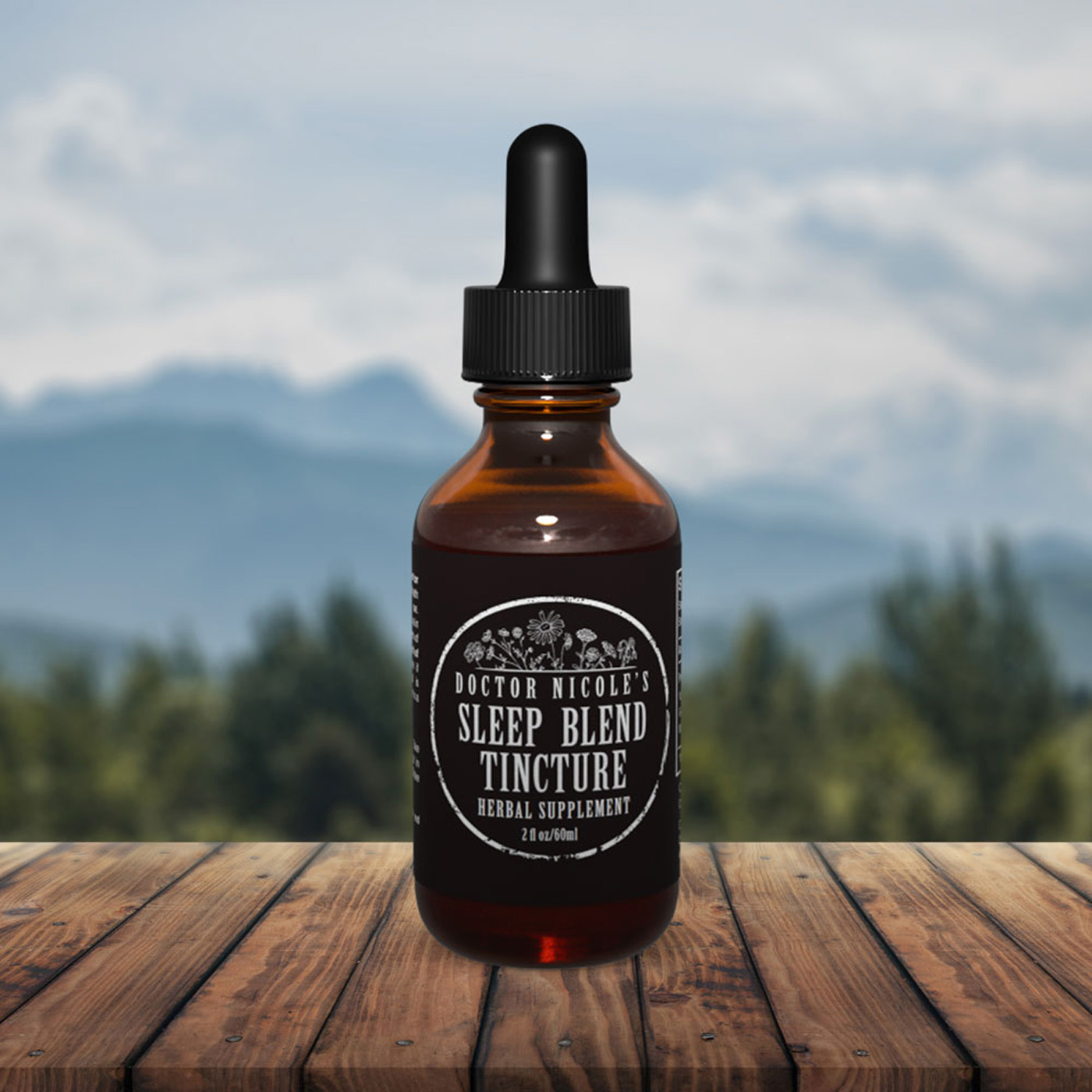The Joy of Gardening for Health
With summer now in full-swing, many of us are rediscovering the joy of gardening. I know that I certainly am! It is such a delight to spend time outdoors with my hands in the warm soil, sun on my skin, and the birds singing. I suspect that the pollinators are well-pleased by the season as well! But did you know that gardening is much more than a pleasurable hobby? Science has found that it has a range of healthy benefits, from weight loss to improved physical and cognitive wellbeing. Let’s dig-in and learn how the simple act of growing a garden can give you a sunnier outlook and better health.
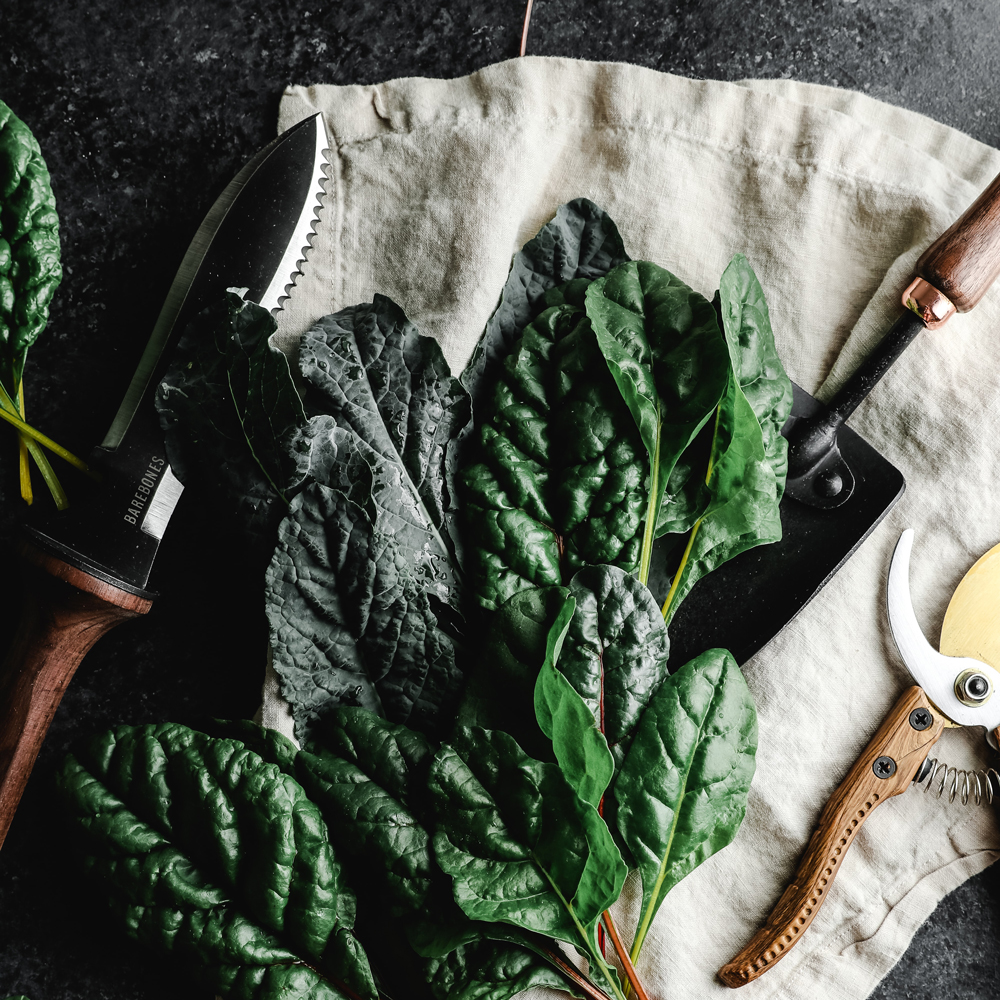
Growing More Than Just a Garden
I think many of us here are naturally drawn to the act of gardening. There is something that stirs deep within us when we have our hands in rich, warm soil, handle tiny seeds, nurture fledgling plants, and bask in the summer sunlight. Simply the act of being outdoors is enough to renew our spirits. Add to that a bountiful vegetable, herb, fruit, and flower garden, and we can experience pure happiness. Not to mention, we also cultivate a connection with our food, from start to finish. I know of few other activities that bring me such joy.
Immunity, Weight Loss, and Cognitive Health
With this in mind, I was pleasantly surprised to discover that gardening is much more than just an enjoyable enterprise, it also has tangible (and science-backed) mental and physical health benefits. For instance, did you realize that your body is capable of photosynthesis, just like a plant? This is the process where plants transform sunlight into their food that they use. In the case of humans, photosynthesis occurs when our skin is exposed to sunlight and the body produces vitamin D — a crucial nutrient for immunity and bone strength, as well as hundreds of other vital bodily functions. A lack of this vitamin is linked to a range of diseases, including multiple sclerosis, cancer, non-Hodgkin’s lymphoma, and more. So working out in your garden on a sunny day is an excellent way to keep your vitamin D levels up and health in top shape.
Because gardening is typically such a delightful pursuit, we don’t normally think of it as exercise unless we feel the soreness from it the following day. But gardening actually works every major muscle group and is classified by the CDC as a terrific form of medium-intensity exercise. What’s more, numerous studies have found that gardening can help to reduce age-related weight gain as well as childhood obesity.1,2 Not to mention that you will be eating a healthy diet of your freshly grown produce, which also helps to prevent weight gain. And researchers at the University of Pennsylvania found that those who regularly garden are much more likely to have a solid night’s rest compared to those who don’t participate in the activity.3
Suffering from insomnia or poor quality sleep?
My potent Sleep Blend formula can help! Visit the apothecary today to learn more.
Concerned about your cognitive health or risk of dementia? Gardening is good medicine! A study in Korea found that male and female patients with dementia who took part in 20-minutes of a gardening activity increased brain growth factors that are linked to memory.4 Likewise, The Netherlands and Norway have had great success with Greencare programs for those with dementia, where people work in gardens or on farms for a good chunk of the day.5
Additionally, if you or a loved one is struggling with dementia, lemon balm is an outstanding herb to grow in your garden. A four-month clinical trial found that Alzheimer’s patients who took lemon balm extract everyday experienced significant improvement in brain function, and also had less agitation and better mood.10 If you are interested in trying the herb sooner rather than later, a powerful lemon balm tincture is available in the apothecary.
Gardening also helps with mood disorders. If you are an avid gardener, I suspect you have experienced the stress-relieving, anxiety defeating, mood boosting effects of spending time working in your garden. You are not alone. Numerous studies have found that gardening significantly reduces stress, depression, and anxiety.7,8 Gardening is also helpful for those recovering from addiction.9
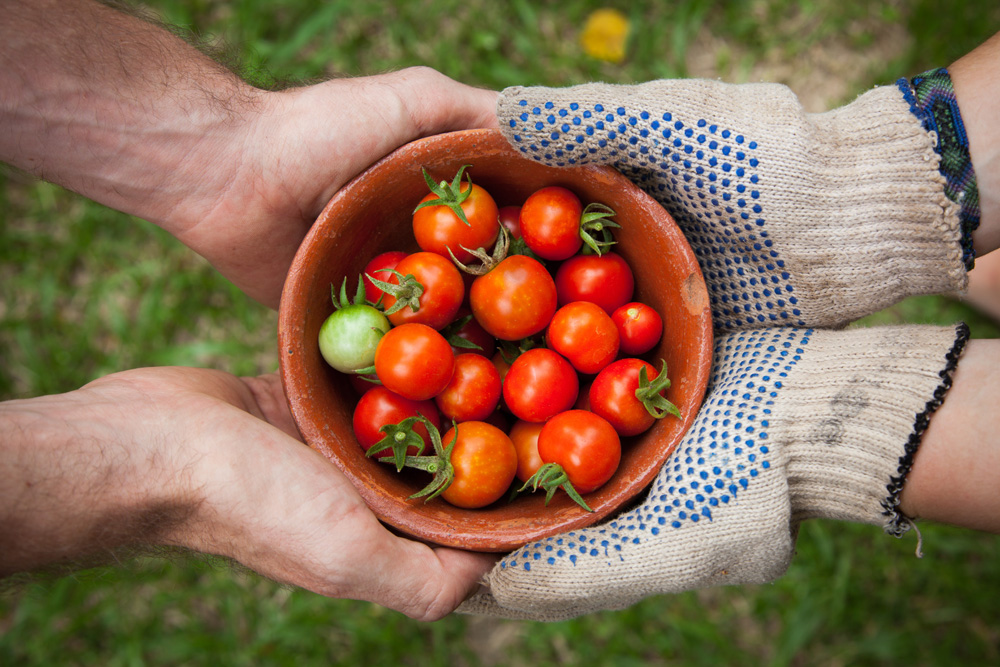
Creating Empowerment and a Sense of Community
Gardening is also a great way to connect with others and to boost empowerment. Whether you strike up a conversation with a fellow gardener, create a family garden, or plant your vegetables in a community plot, there are many opportunities to connect with those around us who have the same interest. It also connects us with nature — something that is often lacking in our technology and speed driven world. Moreover, gardening is a wonderful way to support personal empowerment with a sense of accomplishment. Through trial and error, we discover what works and what doesn’t. By learning and adapting, we develop new skills and gain mastery. One study published in the journal Nutrients found that students who participated in growing a school garden helped to helped them to develop personal strengths and encouraged happiness.6
Herbal Remedies for Health and Wellbeing, Straight from Nature
Sometimes we need a little extra help in boosting our cognitive function, reducing stress, or getting enough quality sleep. This is where herbal medicines come in. As concentrated botanical extracts, my Anxiety & Stress, Brain Bundle, and Sleep Blend tinctures can help you achieve your health goals and support all-around wellbeing. To learn how our formulations can change your life for the better, visit the apothecary today!
Nicole Apelian
Nicole’s Apothecary Products in this Post
References
-
Litt, J. S., Lambert, J. R., & Glueck, D. H. (2017). Gardening and age-related weight gain: Results from a cross-sectional survey of Denver residents. Preventive medicine reports, 8, 221–225. https://doi.org/10.1016/j.pmedr.2017.10.018
-
Spears-Lanoix, E. C., McKyer, E. L., Evans, A., McIntosh, W. A., Ory, M., Whittlesey, L., Kirk, A., Hoelscher, D. M., & Warren, J. L. (2015). Using Family-Focused Garden, Nutrition, and Physical Activity Programs To Reduce Childhood Obesity: The Texas! Go! Eat! Grow! Pilot Study. Childhood obesity (Print), 11(6), 707–714. https://doi.org/10.1089/chi.2015.0032
-
“Yoga, Running, Weight Lifting, and Gardening: Penn Study Maps the Types of Physical Activity Associated with Better Sleep Habits”, Penn Medicine News. June 04, 2015. https://www.pennmedicine.org/news/news-releases/2015/june/yoga-running-weight-lifting-an
-
Park, S. A., Lee, A. Y., Park, H. G., & Lee, W. L. (2019). Benefits of Gardening Activities for Cognitive Function According to Measurement of Brain Nerve Growth Factor Levels. International journal of environmental research and public health, 16(5), 760. https://doi.org/10.3390/ijerph16050760
-
Anne Mari Steigen, Ragnfrid Kogstad & Jan Kåre Hummelvoll (2016) Green Care services in the Nordic countries: an integrative literature review, European Journal of Social Work, 19:5, 692-715, DOI: 10.1080/13691457.2015.1082983
-
Lam, V., Romses, K., & Renwick, K. (2019). Exploring the Relationship between School Gardens, Food Literacy and Mental Well-Being in Youths Using Photovoice. Nutrients, 11(6), 1354. https://doi.org/10.3390/nu11061354
-
Gonzalez, M. T., Hartig, T., Patil, G. G., Martinsen, E. W., & Kirkevold, M. (2011). A prospective study of group cohesiveness in therapeutic horticulture for clinical depression. International journal of mental health nursing, 20(2), 119–129. https://doi.org/10.1111/j.1447-0349.2010.00689.x
-
Van Den Berg, A. E., & Custers, M. H. (2011). Gardening promotes neuroendocrine and affective restoration from stress. Journal of health psychology, 16(1), 3–11. https://doi.org/10.1177/1359105310365577
-
Decker, K. P., Peglow, S. L., & Samples, C. R. (2014). Participation in a novel treatment component during residential substance use treatment is associated with improved outcome: a pilot study. Addiction science & clinical practice, 9(1), 7. https://doi.org/10.1186/1940-0640-9-7
-
Akhondzadeh, S., Noroozian, M., Mohammadi, M., Ohadinia, S., Jamshidi, A. H., & Khani, M. (2003). Melissa officinalis extract in the treatment of patients with mild to moderate Alzheimer’s disease: a double blind, randomised, placebo controlled trial. Journal of neurology, neurosurgery, and psychiatry, 74(7), 863–866. https://doi.org/10.1136/jnnp.74.7.863

